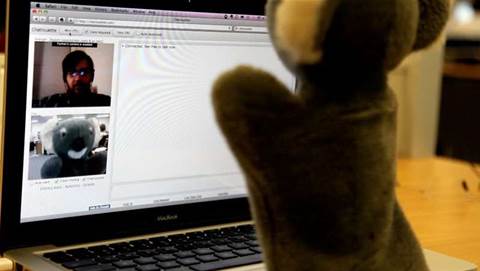"This is a critical opportunity to shed much-needed light on possibly unconstitutional government surveillance techniques," said Catherine Crump, staff attorney with the ACLU and lead attorney on the case.
"Signing up for cell phone services should not be synonymous with signing up to be spied on and tracked by the government."
The case arose after law enforcement officials told some media outlets that they could track people without needing warrants as mobile phone companies were handing over user information as a matter of course.
"The public has an overwhelming interest in the requested information, which concerns our most personal communications," said David L. Sobel, EFF Senior Counsel and co-counsel on the case.
"But remarkably, the Justice Department refused to respond quickly to the request, as the law requires when 'urgent' information is at issue. Further delay will allow important privacy policies to be developed behind closed doors. "
Tracking an individual’s location via their mobile phone is relatively easily done by using cell triangulation. The phone automatically identifies itself to mobile base stations in the area when switched on and by measuring the distance between multiple stations the user’s location can be identified.
Law enforcement is becoming increasingly adept at using technology in investigations. A case in 2006 against mafia member John "Buster" Ardito revealed that the FBI was able to activate the microphone in Ardito’s mobile phone and use it to surreptitiously record his meetings.



_(33).jpg&h=140&w=231&c=1&s=0)
_(28).jpg&h=140&w=231&c=1&s=0)





 iTnews Executive Retreat - Security Leaders Edition
iTnews Executive Retreat - Security Leaders Edition
 iTnews Cloud Covered Breakfast Summit
iTnews Cloud Covered Breakfast Summit
 The 2026 iAwards
The 2026 iAwards











_(1).jpg&h=140&w=231&c=1&s=0)



